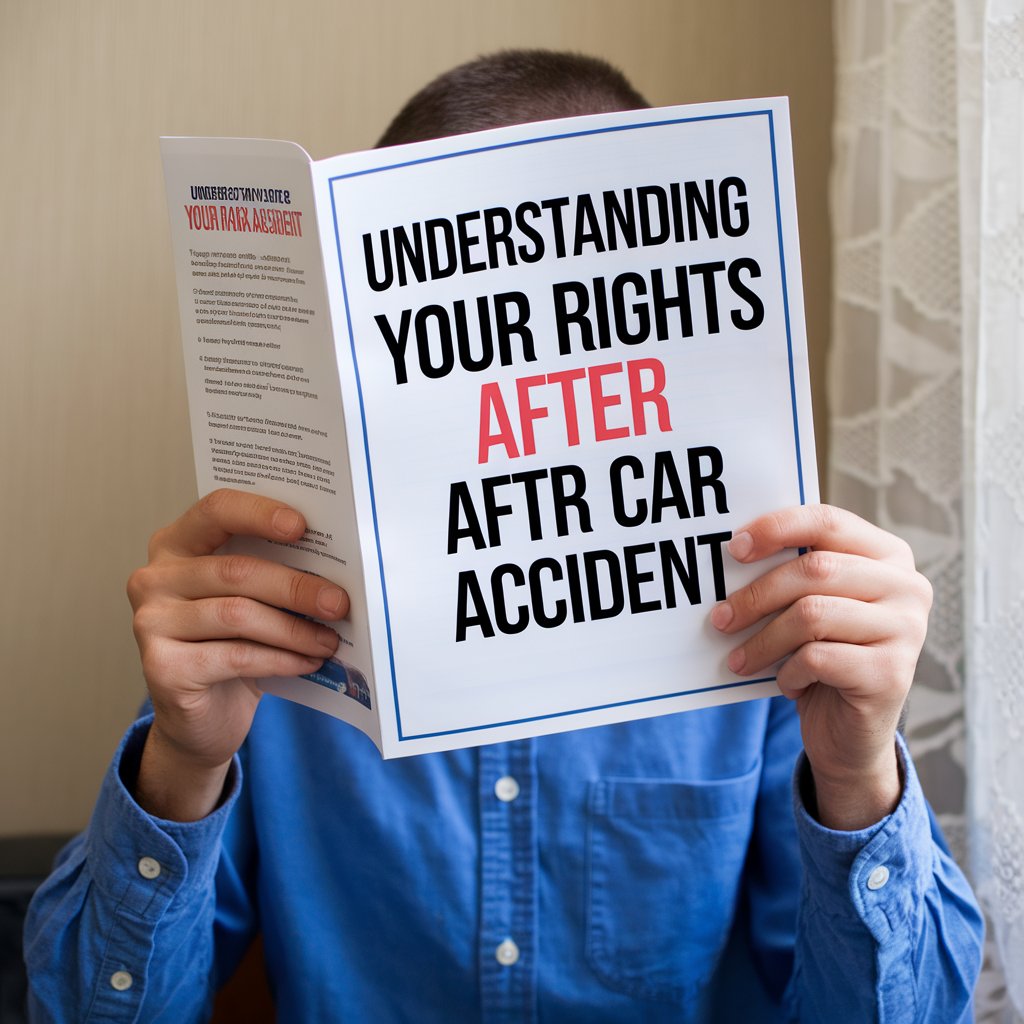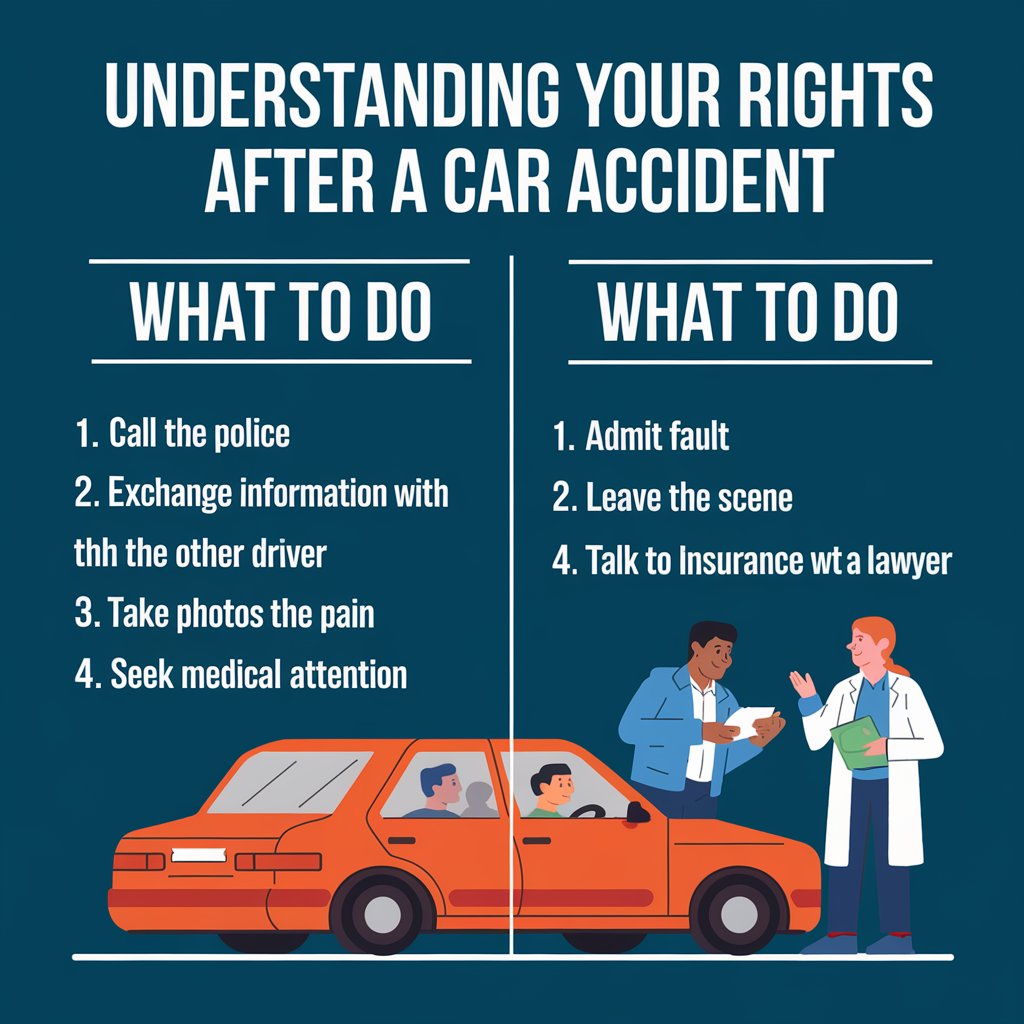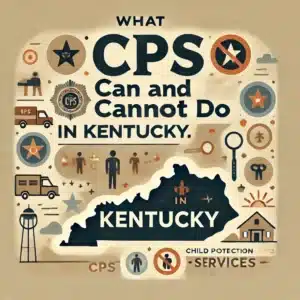Car accidents happen when you least expect them, and they can leave you feeling overwhelmed and unsure of your next steps.
It’s normal to feel shaken, but knowing your Legal rights afte a car accidet can give you clarity and confidence during a tough time. This guide breaks things down into simple steps so you can focus on what matters most—your health, safety, and getting the compensation you deserve.
Stay Calm and Speak Carefully
It’s natural to feel emotional after a crash, but what you say in the heat of the moment can have lasting consequences. You’re only required to exchange names, contact information, and insurance details with the other driver. Avoid saying things like “I’m sorry” or admitting fault, even casually, as these statements can be used against you later. Instead, focus on gathering facts and staying composed.
Your Right to Fair Compensation
One of the most important legal rights you have is the ability to seek compensation for your losses. This includes:
- Medical expenses: Whether it’s an ambulance ride, surgery, or physical therapy.
- Vehicle repairs: Covering the costs to fix or replace your car.
- Lost wages: Reimbursing you for income you missed while recovering.
If the process feels overwhelming, consulting an accident attorney can help. They’ll navigate the paperwork and negotiations, making sure you get what you’re owed.
Put Your Health First
Even if you feel fine after an accident, it’s crucial to see a doctor. Some injuries, like concussions or soft tissue damage, might not show symptoms right away. A medical evaluation doesn’t just protect your health—it creates a record that’s invaluable if you file an insurance claim.
Why a Police Report Matters
When the dust settles, a police report can become one of your most important tools. It provides a neutral, official account of the accident, including details like:
- Time and location of the crash.
- Statements from witnesses.
- Preliminary assessments of fault.
Be sure to get a copy of the report for your records—it can make insurance claims and legal proceedings much smoother.
Having a Lawyer on Your Side
Navigating the aftermath of an accident can feel like a full-time job. That’s where an experienced attorney comes in. They’ll guide you through the process, handle tricky negotiations with insurance companies, and make sure your legal rights are protected. Think of them as your advocate, working to get you the best possible outcome while you focus on healing.
Collect and Preserve Evidence
Right after an accident, gathering evidence can make all the difference. Here’s what to focus on:
- Take clear photos of the vehicles, damage, and surrounding area.
- Get names and contact information for any witnesses.
- Save all medical records, repair estimates, and receipts.
This documentation strengthens your case and ensures your side of the story is backed by solid proof.
Conclusion
Dealing with a car accident isn’t easy, but knowing your legal rights can help you regain control. Whether it’s protecting your health, seeking compensation, or getting legal advice, every step you take is about making sure you’re treated fairly.
Remember, you don’t have to go through this alone. Lean on professionals when needed, and focus on what’s most important—moving forward.
FAQs About What Are My Rights After A Car Accident
What Should I Do Immediately After a Car Accident?
- Ensure safety: Move to a safe location if possible and check for injuries.
- Contact authorities: Call 911 to report the accident.
- Exchange information: Share names, contact details, and insurance information with the other party.
Do I Have to Admit Fault at the Scene?
No, you are not required to admit fault. In fact, it is advisable to avoid discussing blame until an investigation determines liability. Stick to providing necessary information.
What Compensation Am I Entitled To After an Accident?
You may be eligible to recover damages for:
- Medical expenses
- Property damage
- Lost wages
- Pain and suffering
When Should I Seek Medical Attention?
Seek medical attention immediately, even if you don’t feel hurt. Some injuries, such as whiplash or internal damage, may not show symptoms right away.
Why Are Police Reports Important?
Police reports provide an official record of the accident, including:
- Date, time, and location
- Statements from involved parties and witnesses
- Preliminary fault assessment
This document is crucial for insurance claims and legal proceedings.
Can I Handle Insurance Claims Without a Lawyer?
Yes, but consulting an attorney is often beneficial. They can:
- Negotiate with insurance companies
- Ensure fair compensation
- Handle complex policies
What Evidence Should I Collect After an Accident?
Gather as much evidence as possible, including:
- Photos of the accident scene and vehicle damage
- Witness statements and contact information
- Medical reports and receipts
- A copy of the police report
When Should I Contact an Attorney?
Engage an attorney as soon as possible, especially if:
- You sustained serious injuries.
- Liability is disputed.
- The insurance company denies or undervalues your claim.
Can I Claim Compensation if I’m Partially at Fault?
Yes, in many jurisdictions, you can still recover damages even if you share partial fault. Your compensation may be reduced based on your percentage of responsibility.
How Long Do I Have to File a Claim?
The time limit (statute of limitations) varies by state and type of claim. Typically, you have 1–3 years to file a personal injury or property damage claim. Consult an attorney for specific deadlines in your area.





